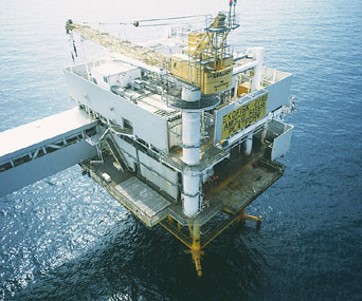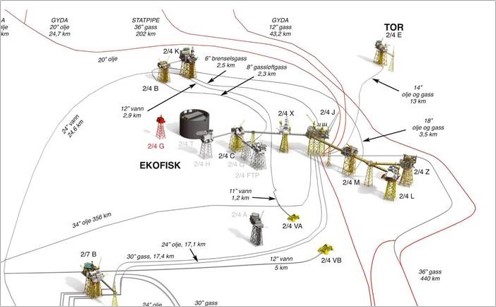2014 marked a turning point in the history of offshore decommissioning. In the heart of the North Sea, a collaborative effort between RESL and BP unfolded, setting a new standard for responsible and sustainable decommissioning practices.
The Ekofisk 2/4-G Decommissioning Plan and Environmental Impact Assessment (EIA) was not just a technical exercise; it was a visionary blueprint for the future of the oil and gas industry. This groundbreaking project pushed the boundaries of environmental stewardship and strategic planning, leaving an enduring legacy that has shaped industry practices. The EIA was a cornerstone of the project, setting up an evaluation methodology for a range of decommissioning options and meticulously assessing the potential environmental consequences of each decommissioning activity. The team identified potential risks and developed innovative mitigation strategies to minimise the impact on marine ecosystems, including sensitive habitats and endangered species.
The Norwegian government recognised the exceptional quality and forward-thinking approach of the Ekofisk 2/4-G Decommissioning Plan and EIA. The approach was adopted as a model for future decommissioning projects, setting a new benchmark for the industry.
.

